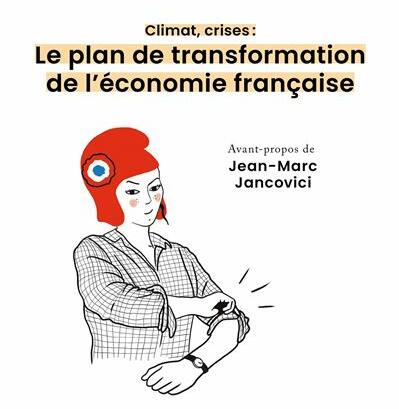
The long awaited Paris Agreement can be considered a great historic victory.
Despite the regrettable vagueness about emissions reduction by 2100, the Agreement does give strong signals which encourage a move towards tomorrow’s low-carbon society: reviewable national goals, a global goal to remain below the recommended 2 ° C, transparency, financing, adaptation, and assessing loss and damage due to climate change.
The task that remains is tremendous. Practical modalities must be addressed across the board by the EU Commission, States, professional federations, regulatory bodies, local actors, corporations, etc.
The economy has everything to gain from this Agreement but it must face three challenges and three priorities.
The three challenges: speed up the process, reinforce the required mechanisms – especially in terms of financing – and consent to the necessary regulatory framework which is essential in a post-carbon era.
The three priorities: put a price on carbon, support actors involved in energy efficiency and sobriety, and develop the energy mix of the future.
Although regarded as key to the transition, a binding carbon price will be difficult to implement. High crude oil prices worked in favor of the emergence of carbon taxation. Now we must capitalise on the low price of hydrocarbons to strengthen it. With regards to the EU ETS, a change in strategy, as advocated by The Shift Project in its everyday work, seems more necessary than ever.
The Paris Agreement provides an unprecedented and unique opportunity for the transition to a low-carbon economy to become mainstream, in order to unleash creativity, innovation and new job creation. Now, let’s get to work!

